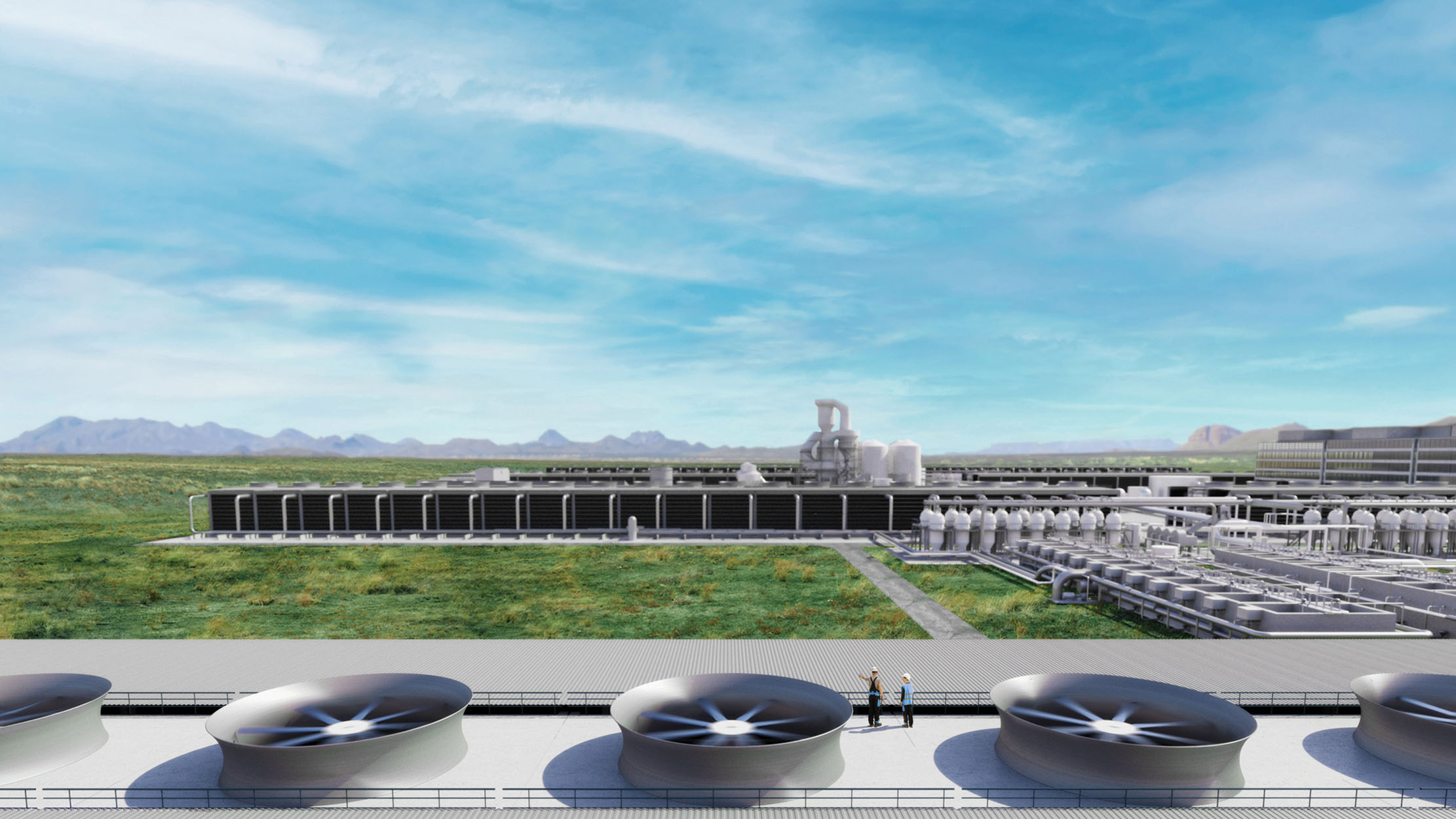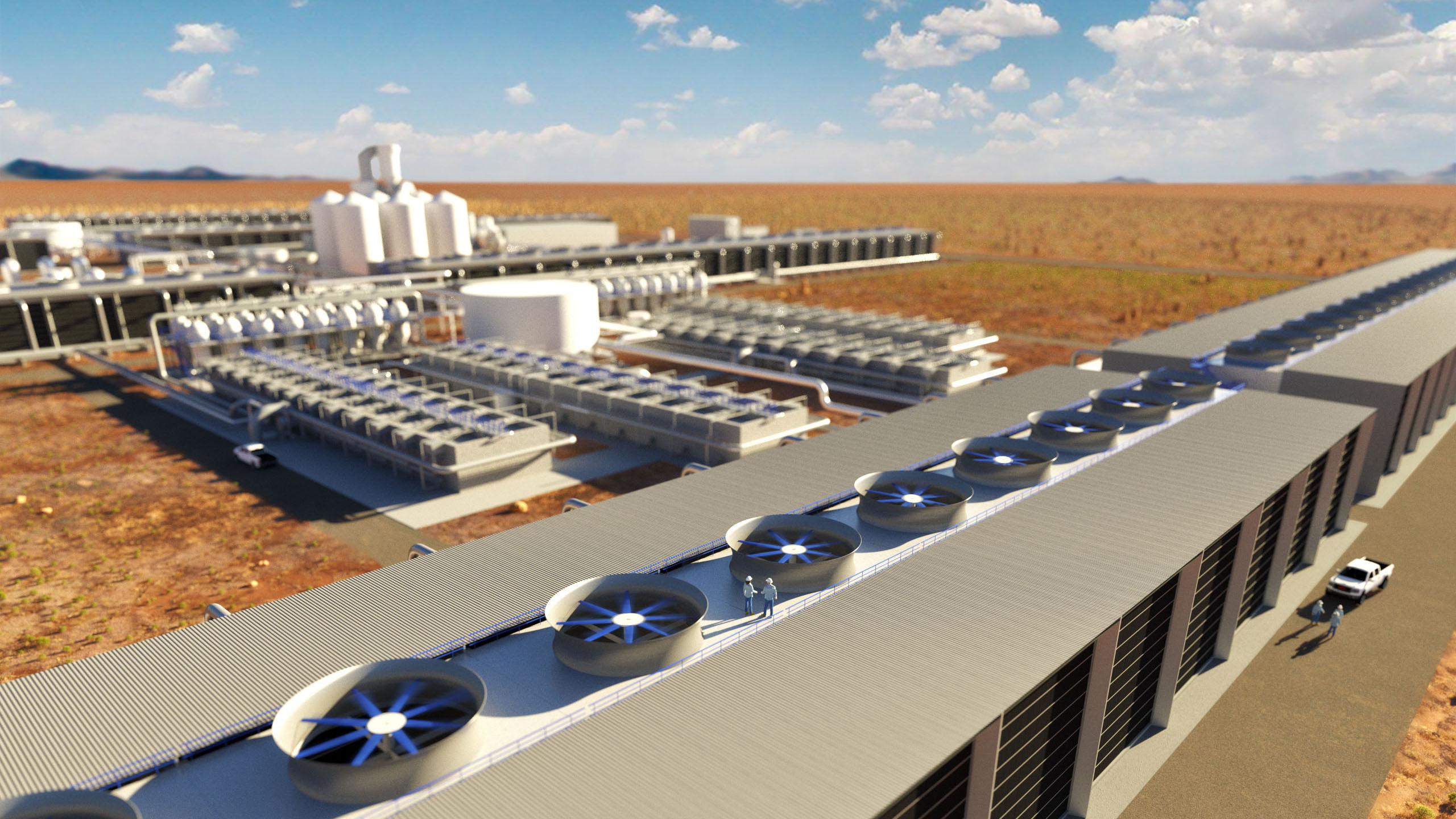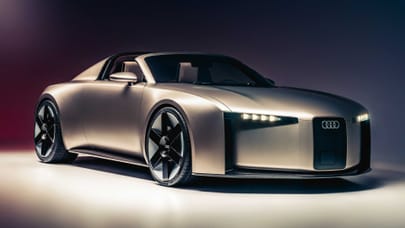
How will new climate technology help fix the climate crisis?
Here's how renewable energy and carbon capture solutions aim to prevent further climate change
Climate technology is the only way out of our climate crisis, former Republican governor of California and climate campaigner Arnold Schwarzenegger told the BBC's Laura Kuenssberg last weekend.
Meanwhile, last week the UK Government issued licences to pump captured CO2 under the North Sea.
I was recently at a conference in Abu Dhabi organised to showcase many of these climate technologies. Keynote speaker was Dr Sultan Ahmed Al Jaber, who's to be president of the COP28 climate conference late in 2023.
The conference covered generation of energy cleanly through renewables, substitution of oil and gas with hydrogen in energy-intensive industries, decarbonisation of transport, and various forms of carbon capture.
Some of those things are getting cheaper. When the Tesla Roadster was launched in 2008, solar-generated electricity in Abu Dhabi cost about £2/kWh. Now it's under 2p/kWh.
Some of that solar power is being used to generate hydrogen. This is one of the best ways to decarbonise industry. Production of four material types – steel, cement, aluminium and chemicals – are responsible for about a sixth of all current emissions. They need high temperatures, mostly powered by petroleum at the moment.
Hydrogen is one pathway to generate that heat; electricity is another. Nearly all BMWs made today use aluminium smelted by Emirates Global Aluminium using solar energy.
Where CO2 is still going to be emitted, capture offers hope. Carbon capture comes in two categories. The first, and easiest, is to scrub CO2 from the chimneys of industrial processes. Then it's re-injected permanently into the earth, as with the recent North Sea licences. They are aimed at getting started within six years, and could potentially store one tenth of UK CO2. The first such project in Abu Dhabi is already under way, capturing CO2 from oil production itself.
It's not just chemical processes that can capture industrial emissions. LanzaTech is a company using microbes. Its founder Dr Jennifer Holmgren describes it as something like a micro-brewery on the side of an industrial plant – except it uses microbes not yeast. The CO2 is converted into fuels and plastics. It's already making fibres for Zara dresses, and is planning a plant in Port Talbot, Wales, that will make aviation fuel.
Another process is direct air capture (DAC). This is what the Porsche-Siemens e-fuel plant is doing in Chile. Machines draw CO2 directly from the air. It's combined with hydrogen to make petrol and other fuels, without taking any more carbon from oil wells.
Top Gear
Newsletter
Thank you for subscribing to our newsletter. Look out for your regular round-up of news, reviews and offers in your inbox.
Get all the latest news, reviews and exclusives, direct to your inbox.
That sounds great but the huge challenge is scale. A company called 1PointFive was at the conference, showing a model of their plant, the world's biggest, in construction in Texas (pictured above). It will remove one million tonnes of CO2 from the air every year. Trouble is global man-made emissions are 35 million [correction: thousand] times that amount of CO2 every year.
There has been controversy about Sultan Ahmed Al Jaber's appointment as COP president, because he's also an oilman, CEO of ADNOC, the Abu Dhabi national oil company. He argues that the oil companies need to be part of the solution. At the very least we'll still need petrochemicals. He was also a founder in 2006 of MADSAR, an Abu Dhabi green-energy company that now operates in 40 countries, and in which ADNOC recently took a major shareholding.
On the sidelines of the event, he told Top Gear a massive global effort will be needed from all sides. "Instead of pointing fingers we need to work together. We need to fight the enemy: emissions. We aren't enemies of each other. Technology can and will and should address climate change."
It's clear there can be no one golden-bullet solution. I spoke to Sophie Hildebrand, Chief Technology Officer of ADNOC, the Abu Dhabi National Oil company. She's responsible for the company's $15 billion (£12bn) decarbonisation investments.
Which is the most hopeful technology? She says the world must try it all. "It's an and-and conversation. Like the movie: everything everywhere all at once. For ADNOC we're working with the hard-to-abate industrial sectors. There are also a lot of things that can be electrified. Everything has to change."
But she emphasises green tech is a worthwhile financial investment. "Sustainability improves the bottom line."
Trending this week
- Long Term Review
Life with a 500bhp BMW 550e: do you really need an M5?










